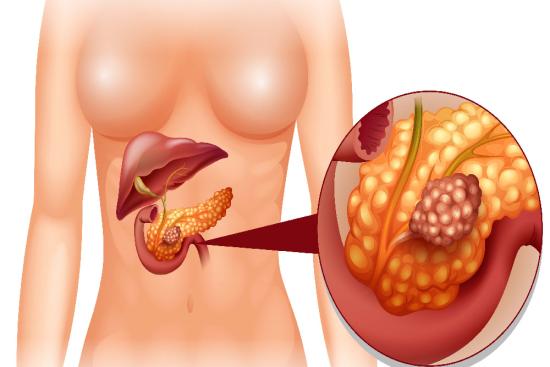Deciding to undergo a total pancreatectomy is never easy. This major surgery can feel overwhelming, but for patients with advanced pancreatic disease or cancer, it can be a crucial step to prevent complications and protect long-term health.
In Turkey, our experienced pancreatic surgeons provide expert guidance, compassionate care, and full support at every stage, helping you make this important decision with confidence and peace of mind.
Risks and Side Effects
- Bleeding / Hematoma
- Wall abscess or deep abscess
- Biliary fistula
- Pancreatic fistula
- Digestive fistula
- Splenic lesions (of the spleen)
- Respiratory problems
- As with any surgical operation, complications of general anesthesia, medical complications: phlebitis, pneumonia, etc.
Total pancreatectomy costs in Turkey
Undergoing a total pancreatectomy in Turkey provides patients with access to high-quality surgical care at a competitive price.
The cost varies depending on factors such as the complexity of the surgery, the patient's condition, and the hospital chosen. On average, prices range from $25,000 to $40,000 USD, which typically includes the procedure, hospital stay, and post-operative follow-up.
With Turquie Santé, you receive full support throughout your treatment, from consultation to post-operative care, ensuring a safe and well-managed surgical experience.
Contact us today to plan your pancreatectomy in Turkey with confidence.








